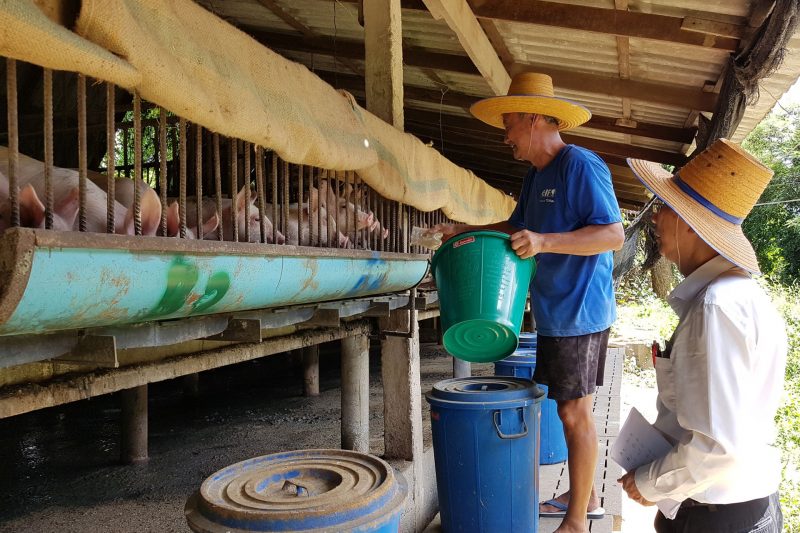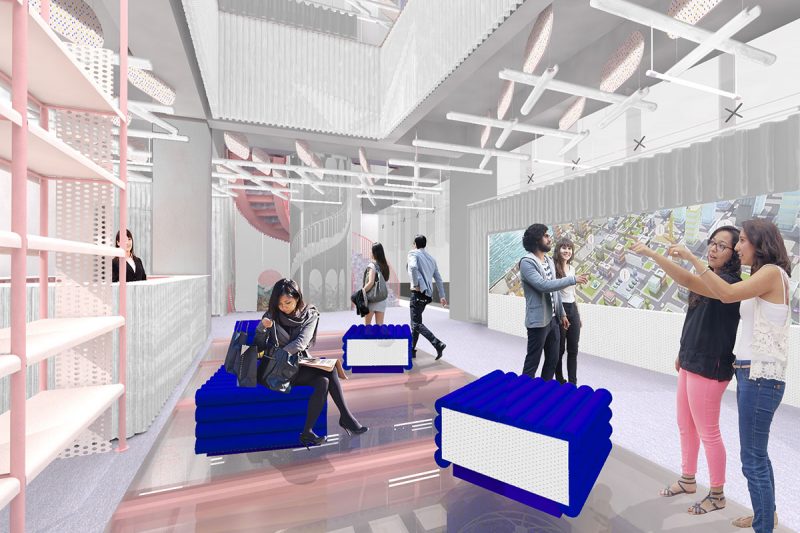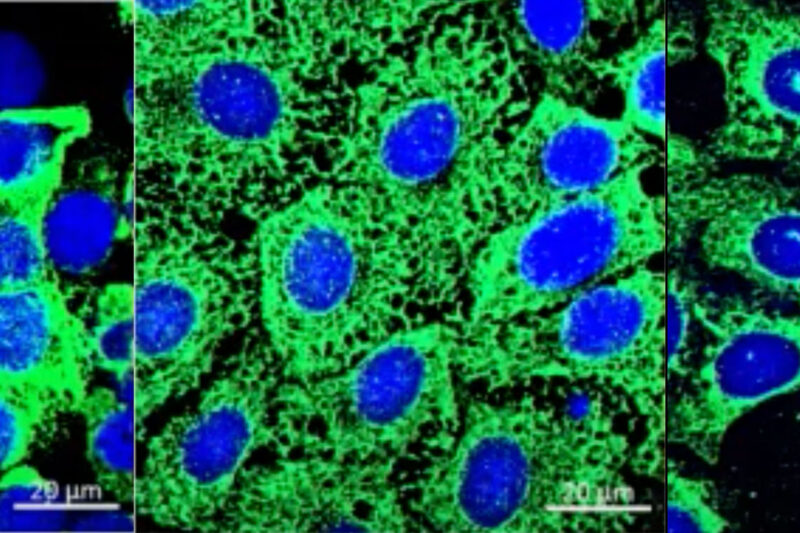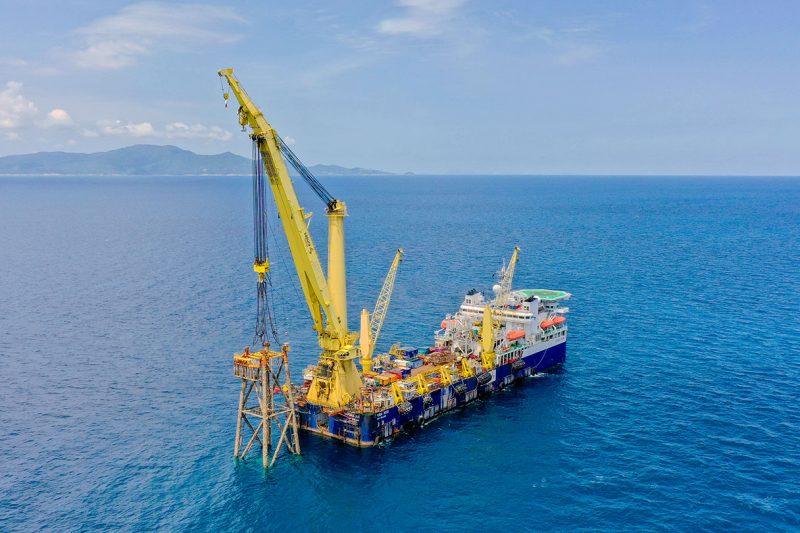From Life of Sea Nomads to Sustainable Development of Ethnic Groups
“Security and sustainability should be based on the beliefs and the way of life of the traditional community.”
Dr. Narumon Arunotai
Chulalongkorn University Social Research Institute
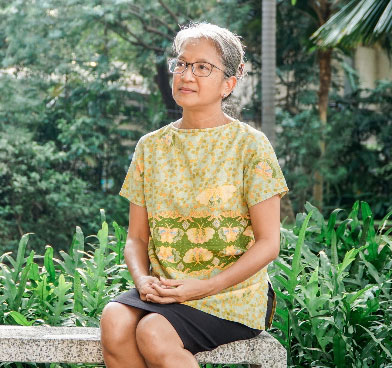
“Chao Le” (literally “people of the sea” or sea-nomads) is an ethnic group that has resided and earned a way of life for many years on the Andaman coast in the southern part of Thailand. Chao Le people have a unique language, culture, wisdom, and tradition that are truly one of a kind.
Unfortunately, economic development that favors tourism and investors has caused serious problems to these ethnic communities. Although they have been residents of the islands and lived on the coasts well before any development began, some have now lost their homes and work in fishery.
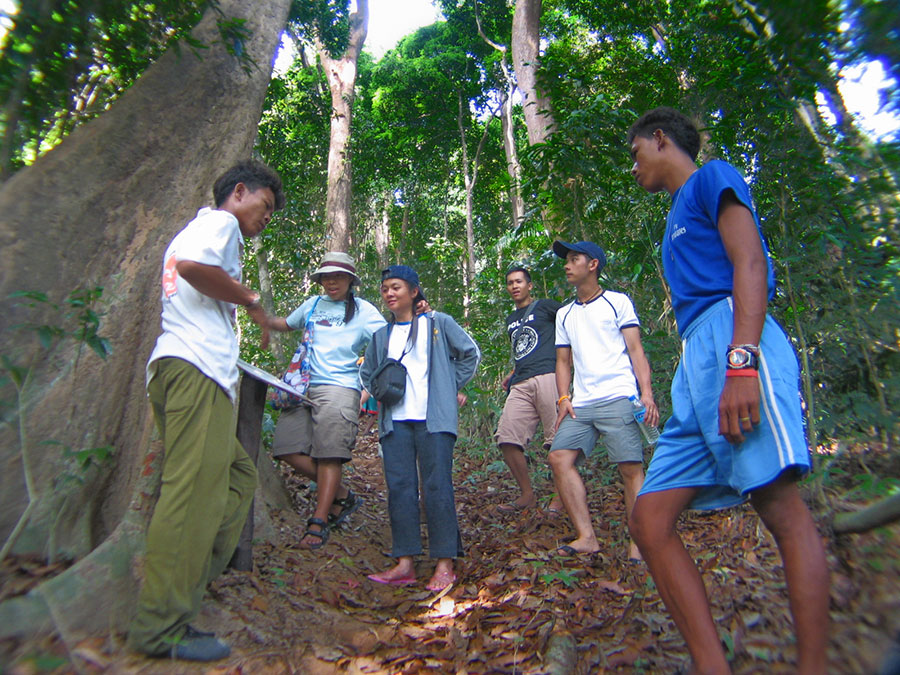
The Andaman Pilot Project, a joint project of several sectors within UNESCO, was initiated in 1997 by the UNESCO Regional Advisor for Culture in Asia and the Pacific in collaboration with the UNESCO Coastal and Small Islands unit, the Intergovernmental Oceanographic Commission and the Chulalongkorn University Social Research Institute, Thailand. The project has continued to grow over the past decades.
Research by Chulalongkorn University shows that the Chao Le indigenous communities depend on the natural resources and their lives co-exist with nature. As a result, the choice of development for security and sustainability should be based on their ways of thinking, their closeness to nature, and the notion of living together by sharing limited resources.
Knowledge from research and pilot activities have helped the communities to adapt to change and become aware of the social and economic conditions of the world. Simultaneously, the knowledge acquired stimulates policy processes and strengthens indigenous cultural rights, which leads to academic services, creative media production and participation from Chao Le people in defining sustainable development.
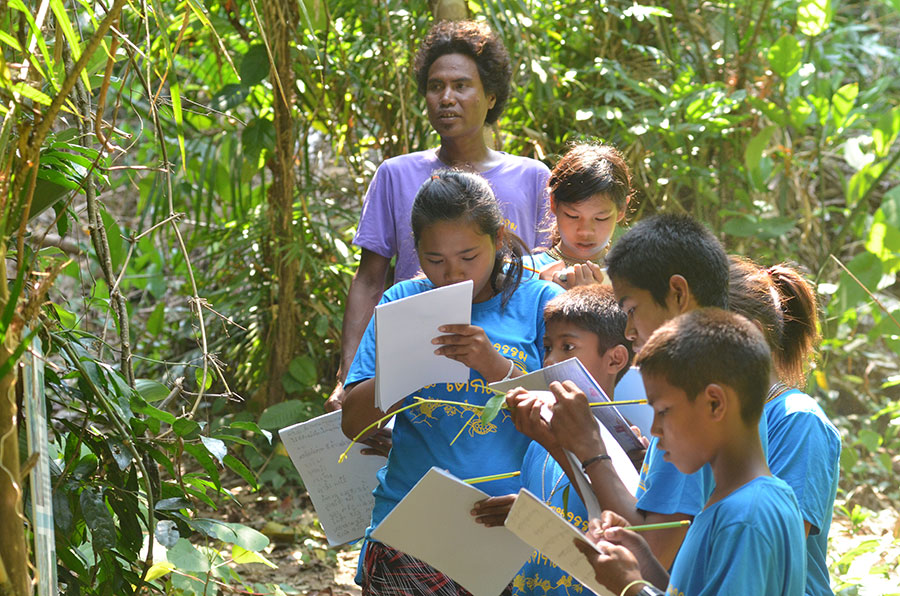
The results of the research have helped to generate a greater understanding amongst the public of the specific indigenous traits and the diversity of the cultures of the sea-gypsy populations. It has also helped to increase the knowledge about indigenous societies in Thailand.
For the promotion of communities and their adaptation to sustainable development, Chulalongkorn University has cooperated with communities to collect information for sustainable tourism based on the community’s lifestyle. It also offered trainings to indigenous communities so to create jobs for them through sustainable tourism.
Interested members of the communities participated in Chula-organized workshops that introduced them to new concepts of travel and visits that are friendly and engender positive impacts on the environment, society and economy. Much emphasis is given to preservation of the coast, sea life and the islands alongside showing responsibility to the communities and hospitality to the visitors.
As a result, a model project entitled “Take a Tour with Moken” has inspired other ethnic groups, including the Moklins community in Bang Sak, Baan Hin Lad in Phang Nga Province, and Urak Lawoi community in Koh Lipe island.
Efforts are being made to restore the ethnic culture, to learn cultural routes, and to create a network of local communities. By connecting youth groups to indigenous communities, the university hopes to foster sustainable development that is in line with the wishes and needs of these indigenous communities.
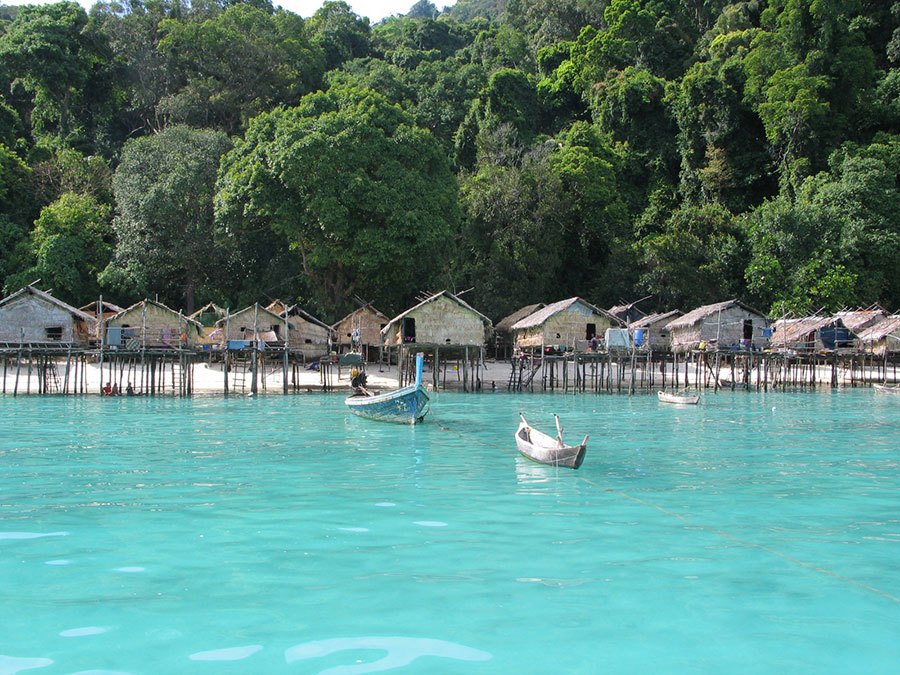
Dr. Narumon Arunotai
Dedicated to educating the ethnic group of fishermen by being the first Thai researcher to be working deep in the field with indigenous people on the coastal regions of Thailand, who were underprivileged and were marginalized in sense of economy, society and culture until they became well known and were incorporated in relevant state policies like the 2010 cabinet resolutions to revitalize the ways of these indigenous people. In addition, she has continued her research and plays a role in providing information on the research that will help protect the indigenous people being invaded by capitalism and in need of protection from the government as a fragile group.
- View more information about the Andaman Pilot Project here.
- To learn more about the “Take a Tour with Moken” project, click here.
- You may also download the published materials from this link to learn more about different groups of sea-nomads in Thailand.
Media coverage:
Others
Pig Raising with Bio-innovation
Chula veterinary professor leads research into natural alternatives to an-tibiotics
Chula Launches Siam Innovation Centre
Chulalongkorn University has joined forces with government and big corporations to invest over 350 million baht to debut Siam Innovation District (SID), a new startup and intellectual community center whose goal is to find innovative solutions for the country and its people.

